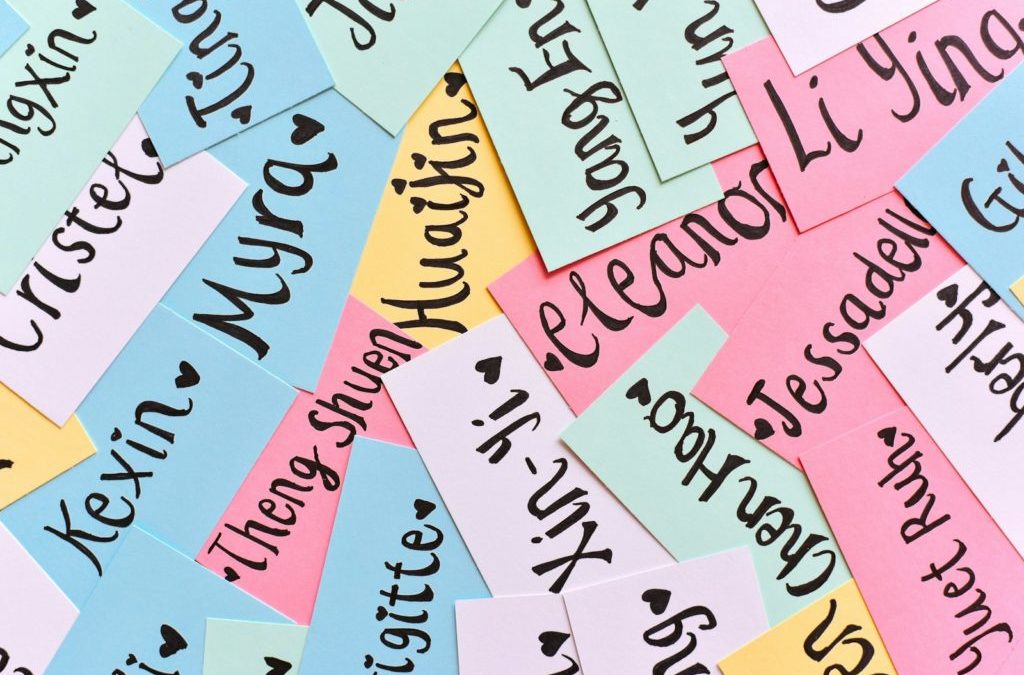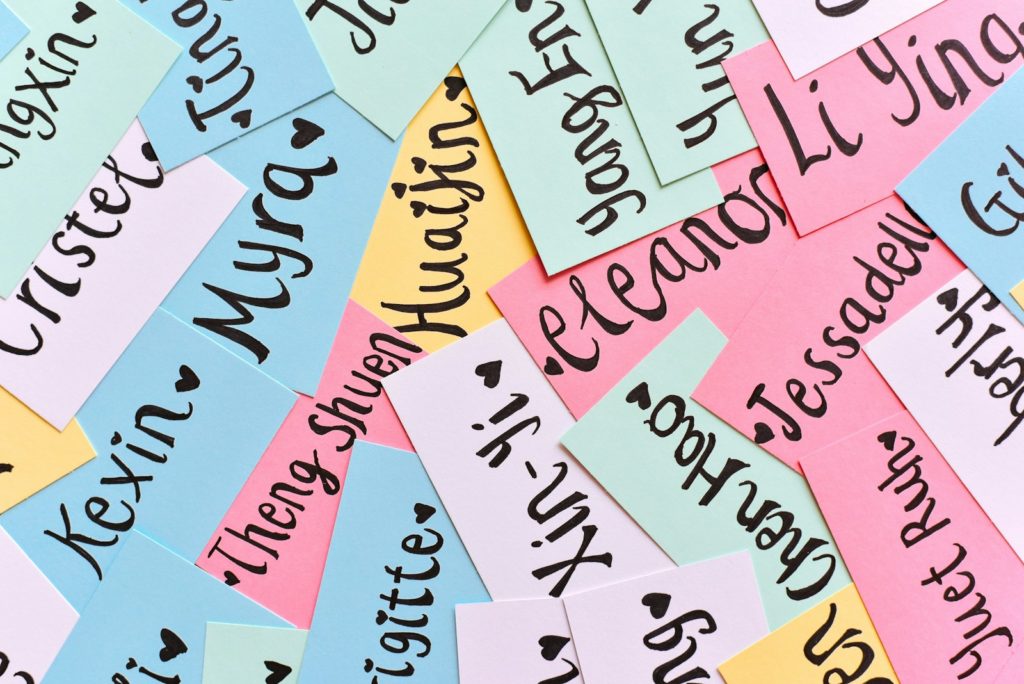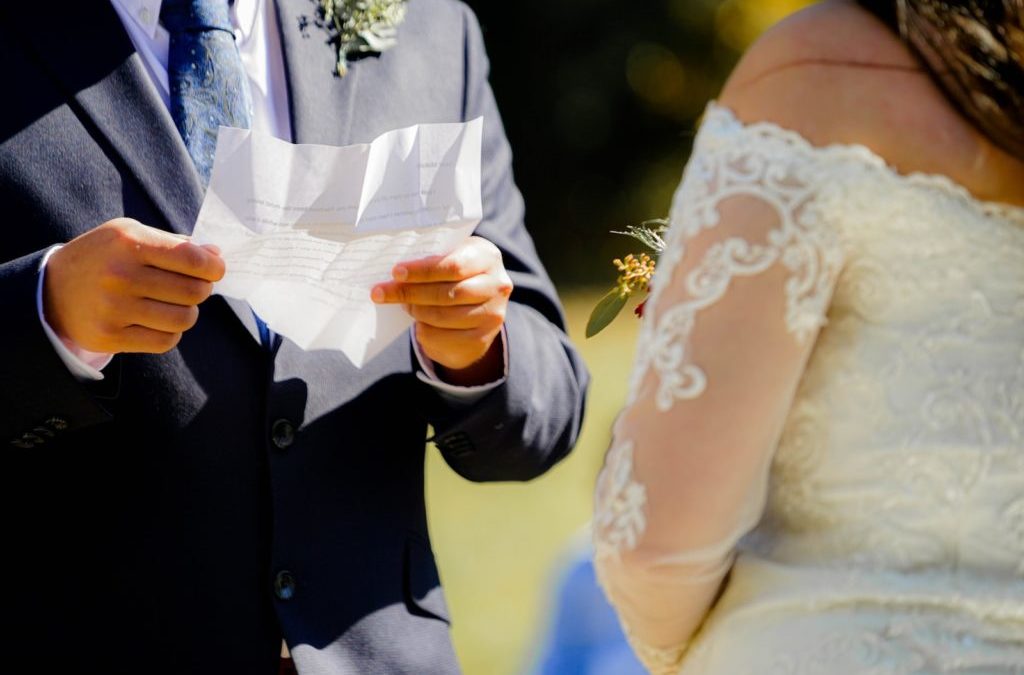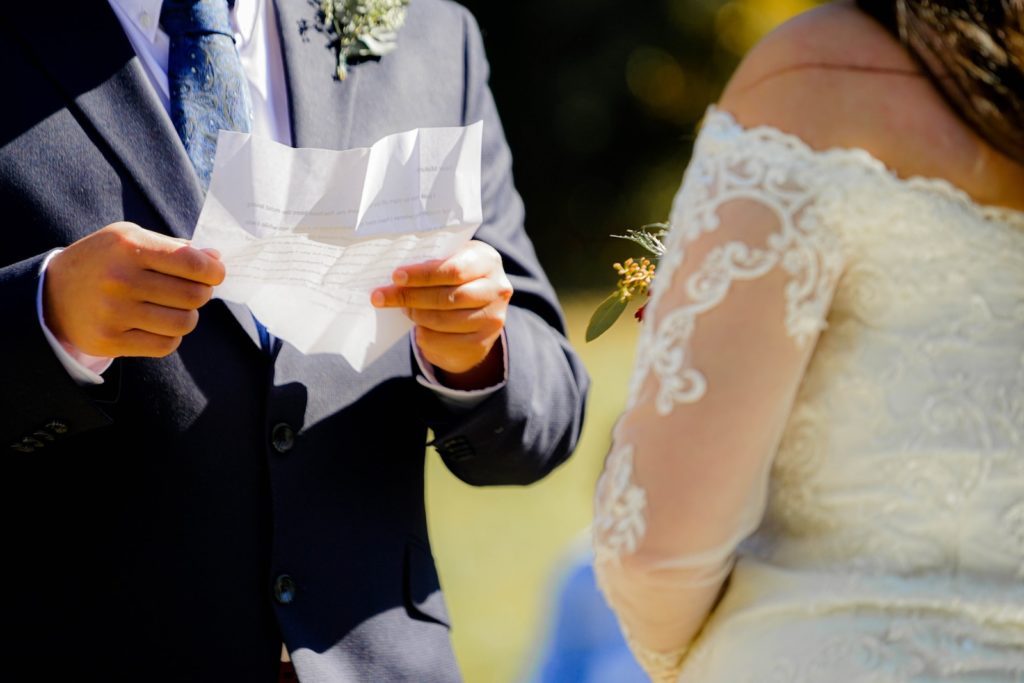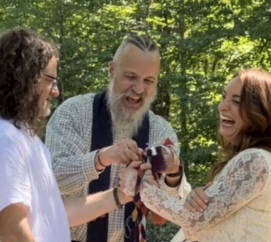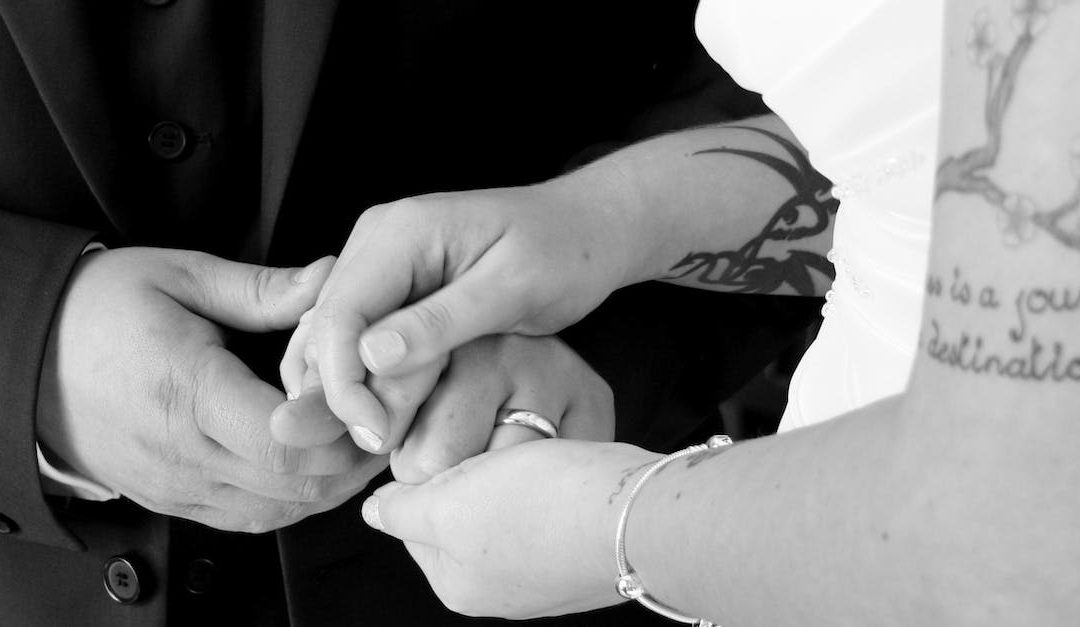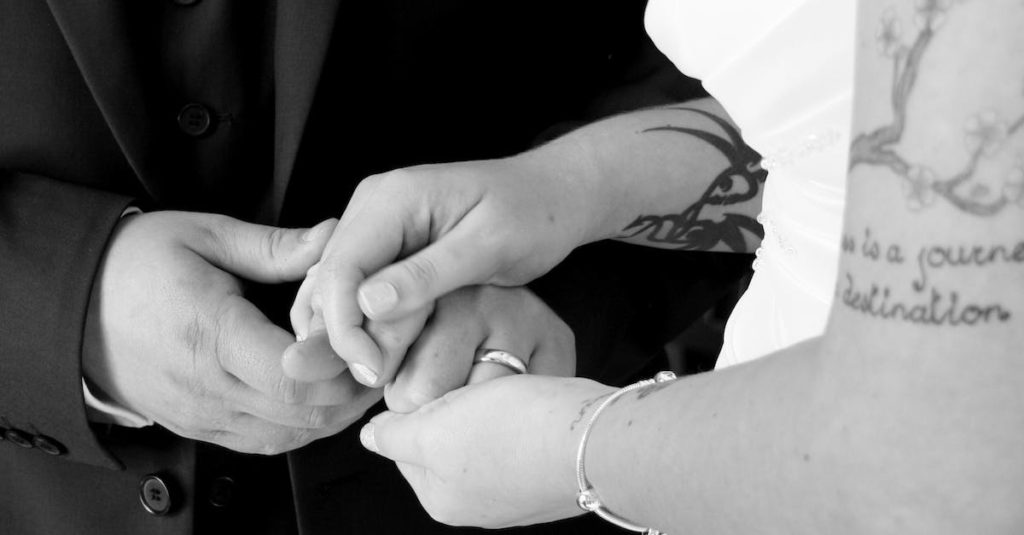
Vows for a second marriage
As someone who has been married twice, I fully understand the angst that might be felt when preparing to tie the knot again. Whether your prior marriage ended due to death or decision, a lot of complicated feelings can arise. It’s may be helpful to work through those feelings—with a counselor, minister, or a trusted confidante, perhaps, or using a journal, meditation, prayer or other tools—before it comes time to decide on any vows.
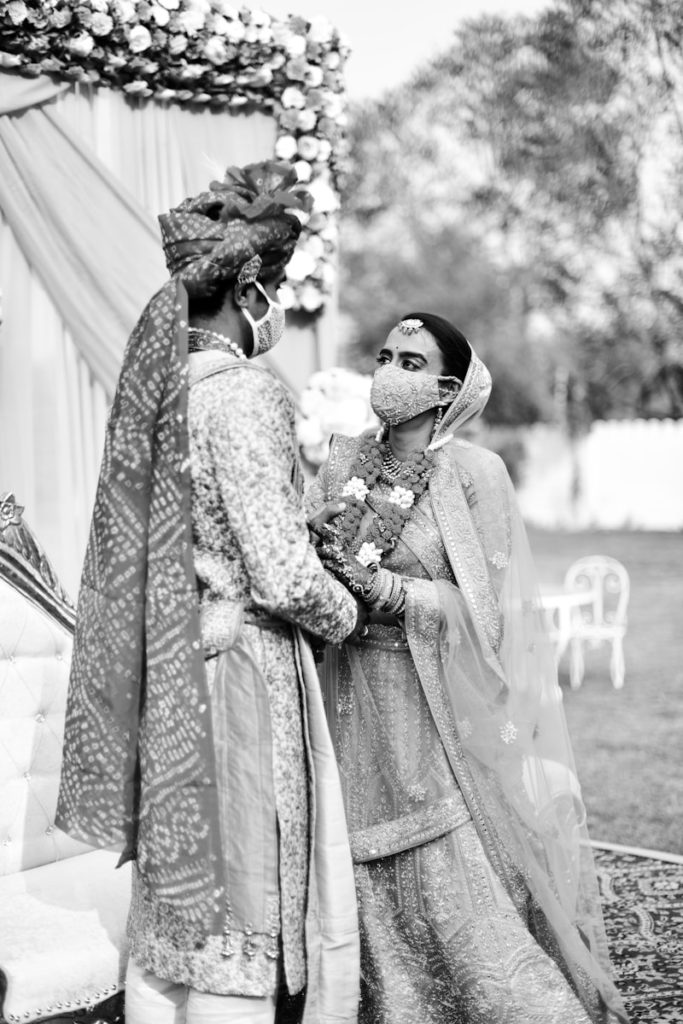
To be clear, no one has to write their own vows. It can be quite moving to look into your partner’s eyes and share words from your own heart, but I write wedding vows for clients who don’t want to, which can take the stress off if writing just isn’t your thing.
Here are some tips for wedding vows for the previously wed.
- Your former marriage is part of your life, but that doesn’t mean it needs to be central to this wedding day. What you choose to promise should be focused on what you hope to achieve together with your new partner. If you find that times when you fell short during your prior marriage are weighing on you, then find a way to give them a positive spin. If you regret not picking up your socks, then go ahead and promise to pick up your socks.
- Focusing on what you were unhappy with in your previous marriage isn’t a good idea, at least when you’re writing vows. If you’re getting married to someone new, then by now you should have talked about prior challenges and decided that your new partner has different qualities than your last one did. Vows are not a vehicle for imposing expectations on your new spouse—if you’re going to impose expectations on anyone with your wedding vows, they should be on you. Stick to your picking up your socks, not telling them what to do with theirs.
- Don’t call your prior marriage a mistake, no matter the circumstances. We are all shaped by our experiences, and that includes experiences that we regret. Just as important as not dwelling on perceived failings of the past is not pretending that the past didn’t happen at all. You are who you are in large part because of what’s happened and how you’ve addressed it. Instead of promising not to repeat past mistakes, shift your focus to what you wish your life with your new partner to be like instead. Maybe it’s time to switch to wearing sandals full time.
- If you are blending two families—be it your children, your parents, your pets—consider including them in your vows by proclaiming how you want to be part of this larger grouping. Will you be helping schedule doctor’s appointments, shuttling family members to practices, or remodeling a home to accommodate new living arrangements? This may be an opportunity to lay out how seriously you take these new roles. Talking about these priorities in a group setting might be a very meaningful moment. You might be surprised how strongly some people feel about socks.
- Marriage vows can be, or include, lighthearted promises such as not leaving wet towels on the floor. If you and your spouse-to-be will be surprising each other during the ceremony with your exact words, though, you might want to at least get on the same page as to tone. Vows that celebrate your belief in marriage can feel all the more poignant to someone who has been married before—but not if one of you gets heavy while the other keeps it light. If the constant reference to socks in this post feels jarring and you do not care for that feeling, then do what you can to avoid creating that feeling during the ceremony.
- You might acknowledge what changes you will be making to how you manage resources. Marrying might involve moving, or opening a new bank account, or changing beneficiaries or health-care proxies. These changes might take more getting used to than they did during a first marriage, because lives tend to get more complicated over time. Vows that lift up those acts of faith being made by your partner might be received warmly. If you plan on leaving your new spouse a collection of vintage socks in your will, though, best not spring that while you’re making vows. It’s not all about socks.
Here are some resources with specific language that might be inspire your vows:
- Beautiful wedding vows for the second time around
- Sample wedding vows for a second marriage
- Wedding vows for a second marriage
You can also always fall back on the rule of three for writing your own vows, which works whether this is your first trip down the aisle, or your tenth. It’s succinct and eloquent.

